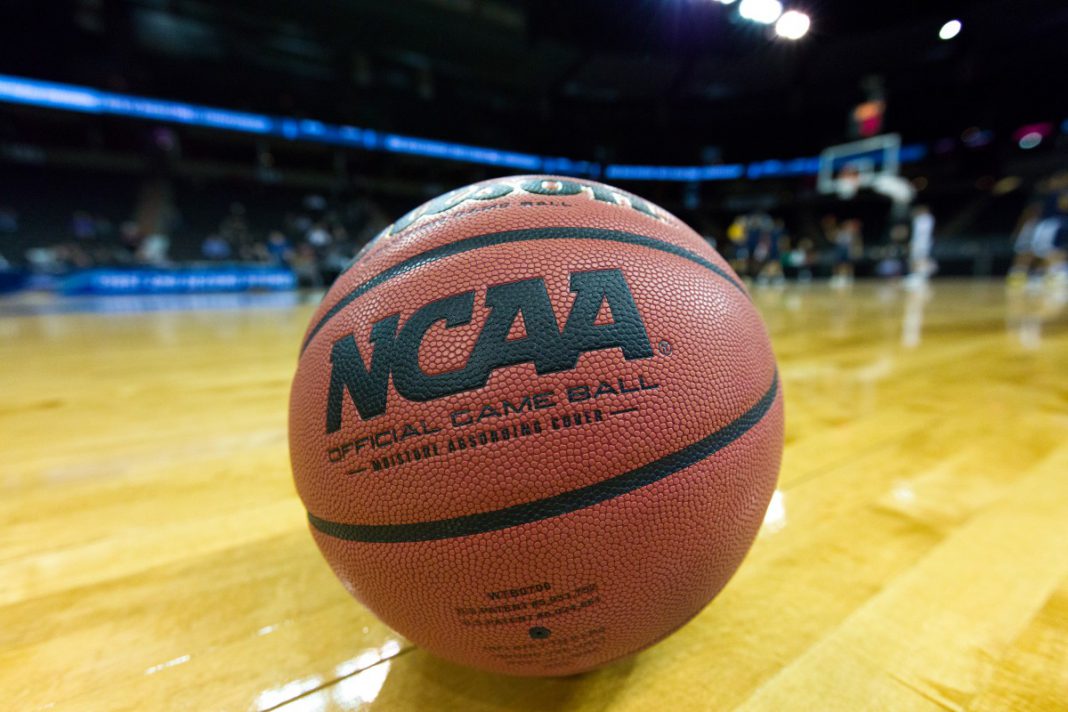The NCAA’s Board of Governors has moved to support rule changes to allow student-athletes to receive compensation for third-party endorsements both related to and separate from athletics.
While student-athletes would be permitted to identify themselves by sport and school, the use of conference and school logos, trademarks or other involvement would not be allowed. The board emphasized that at no point should a university or college pay student-athletes for name, image and likeness activities.
The board directed all three divisions to consider appropriate rules changes based on recommendations from its Federal and State Legislation Working Group.
“Throughout our efforts to enhance support for college athletes, the NCAA has relied upon considerable feedback from and the engagement of our members, including numerous student-athletes, from all three divisions,” said Michael V Drake, chair of the board and president of Ohio State. “Allowing promotions and third-party endorsements is uncharted territory.”
The recommendations now move to the rules-making structure in each of the NCAA’s three divisions for further consideration. The divisions are expected to adopt new name, image and likeness rules by January to take effect at the start of the 2021-22 academic year.
The board added that it will require guardrails around any future name, image and likeness activities. These would include no name, image and likeness activities that would be considered pay for play; no school or conference involvement; no use of name, image and likeness for recruiting by schools or boosters; and the regulation of agents and advisors.
“The NCAA’s work to modernize name, image and likeness continues, and we plan to make these important changes on the original timeline, no later than January 2021,” said Gene Smith, Ohio State senior vice president and athletics director and working group co-chair. “The board’s decision today provides further guidance to each division as they create and adopt appropriate rules changes.”
In its report, the working group recognized that the rules needed to accomplish the modifications may differ by division and stressed the need for appropriate regulation in the future.
“The evolving legal and legislative landscape around these issues not only could undermine college sports as a part of higher education but also significantly limit the NCAA’s ability to meet the needs of college athletes moving forward,” Drake said.
“We must continue to engage with Congress in order to secure the appropriate legal and legislative framework to modernize our rules around name, image and likeness. We will do so in a way that underscores the association’s mission to oversee and protect college athletics and college athletes on a national scale.”














